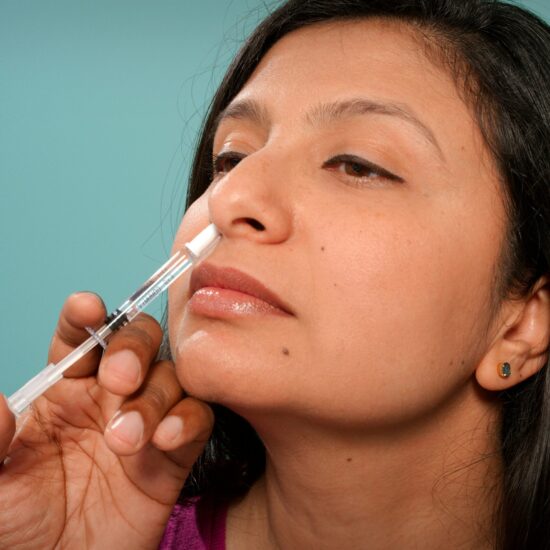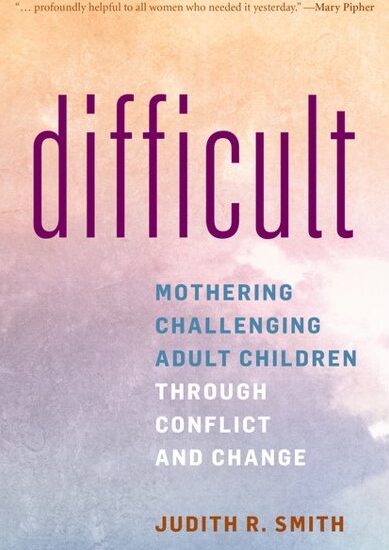Mainstream media and culture have never been too kind to nurses. Instead of appearing as the competent multi-tasking superwomen (or men) they are, they’re portrayed as anything but. The most common trope: women nurses as sexy-naughty fantasies (see Kate Beckinsale in “Pearl Harbor” or this TAG body spray ad). One British study found nurses top men’s sexual fantasy list. The Center for Nursing Advocacy suggests this may be based in our gender norms and constructs in which men idealize women offering “care-taking or service — a classic dominant-submissive division.” On America’s favorite fantasy holiday, Halloween, stores brim with skimpy nurse costumes. Lingerie brand Frederick’s of Hollywood now plans to propogate and profit from the fantasy year-round.
If not playing sexy, nurses are simply invisible — few nurses ever cross the set on Grey’s Anatomy and House. Both shows worship surgeons and other doctors, ignoring the critical routine work performed not by doctors but by nurses, such as drawing blood, checking blood pressure, taking temperature and clearing away food. Why be a nurse? Doctors are the real star.
No surprise then that nursing community is abuzz over a new reality show, “Boston Med.” Nurses appear as complex, thoughtful, real characters. Writes The New York Times:
“Among the health professionals it is the nurses to whom we are drawn most. The doctors are too often presented as stock characters — the cocky male cardiothoracic surgeon with the ‘Bachelor’ nickname; the overworked Southern OB-GYN named Rachel who keeps telling us how committed she is to her career and how her doting boyfriend, Jeff, should just dump her. The nurses must constantly endure the self-certainty of young residents who are entirely new to the world of the hospital.”
It echoes the experience of another new popular, albeit more controversial, show: Showtime’s Nurse Jackie, which debuted last year. It features a realistic, super-smart nurse protagonist (Edie Falco) who struggles with addiction, has an affair with a pharmacist and manages the wacky politics of an urban hospital. Some members of the medical community, including the New York State Nurses Association, disprove of her potrayal. Others praise the show, arguing that while Jackie is flawed, those flaws create a complex, more realistic representation of nurses and their hard work, including their struggle to balance their professional and personal lives — much like the rest of us. Writes Suzanne Gordon in The Atlantic:
“Nurse Jackie finds a way to catalogue every major problem afflicting nurses, while skillfully illuminating common ethical dilemmas and public policy questions involving end-of-life care, assisted suicide, and organ transplant donation. The series depicts workplace violence against nurses, disrespect from doctors, the breakdown of MD-RN communication that puts patients at risk, plus the forced overtime, understaffing, job stress and occupational hazards that drive so many RNs to burn-out, drop out, gain weight, or even self-medicate.”
While television rarely portrays any major industry with loads of accuracy, Boston Med and Nurse Jackie offer at least some relief to those looking for insight to a vocation full of hard work, stress and scrubs, far from subservient-sexy or invisible.








